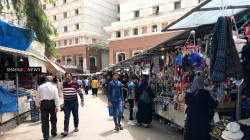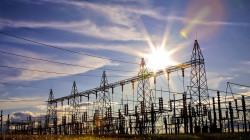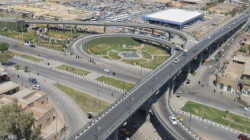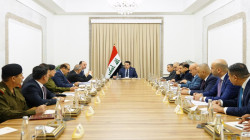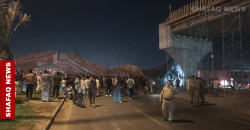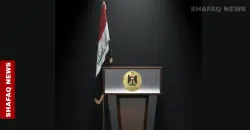Iraqi PM launches key infrastructure and industrial projects
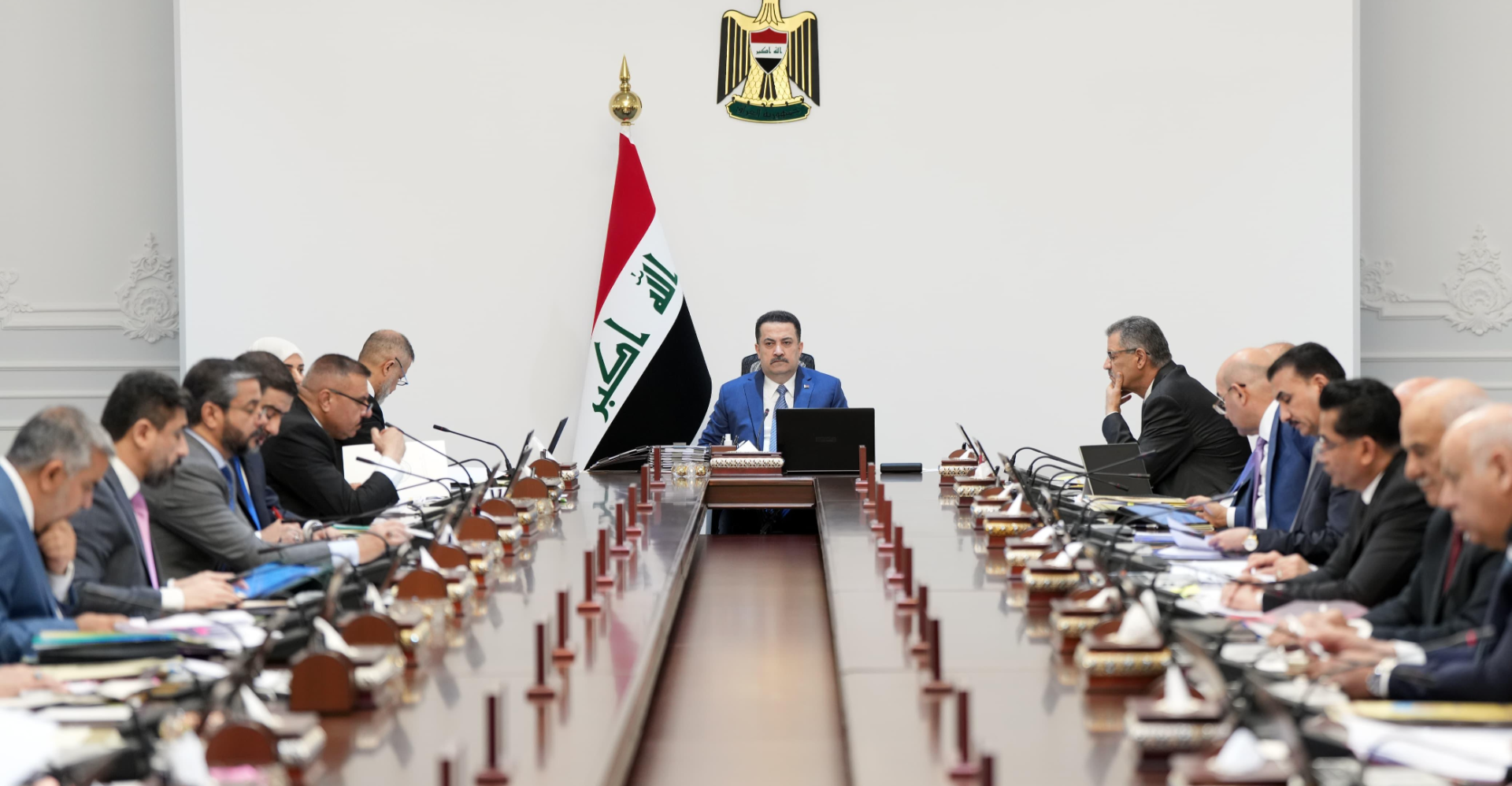
Shafaq News/ Iraqi Prime Minister Mohammed Shia Al-Sudani launched several major infrastructure and industrial developments on Saturday, reaffirming his government’s commitment to economic growth, housing expansion, and industrial strengthening.
The projects were unveiled via video conference, with government representatives at various sites.
During his remarks, Al-Sudani outlined a long-term strategy to bolster Iraq’s economic resilience by addressing critical infrastructure and housing challenges. He noted that the nation faces a housing deficit of approximately 3 to 3.5 million units and announced that the government has issued investment licenses for over one million new residential units across multiple provinces.
Acknowledging the country’s reliance on imported construction materials, he stressed the need to invest in domestic manufacturing facilities—such as cement and steel plants—to support urban expansion and achieve industrial self-sufficiency.
As part of its broader economic strategy, the government inaugurated three flagship projects:
- The Al-Dhawari Iron and Steel Factory in Saladin’s Suleiman Bek (Salman Bak) district,
- The Hydrogen Pharmaceutical Plant in Karbala, which specializes in cancer medication,
- The Al-Fatha Bridge over the Tigris River, linking Saladin and Kirkuk provinces.
According to the Prime Minister’s Media Office, these initiatives aim to strengthen Iraq’s industrial sector, enhance healthcare services, and modernize transportation networks, thereby advancing the country’s economic self-reliance.
Restoring a Vital Transport Link
Reopening of the Al-Fatha Bridge marks a significant milestone in Iraq’s infrastructure rehabilitation efforts. Originally constructed in 1979 by Japan’s Sumitomo Construction and designed by the UK’s Mott, Hay & Anderson, the 540-meter bridge serves as a critical corridor for transporting goods, agricultural products, and oil shipments between provinces.
Over the years, it suffered repeated damage—from the Gulf War in 1991, further conflicts in 2003, and an 85% destruction in 2015 due to terrorist attacks. Reconstruction, which began in December 2019 and encountered delays due to technical modifications for oil and gas pipelines, continued until structural assessments in 2024 revealed severe damage to a key support pillar. Extensive repairs are underway, with final completion expected in November 2024.
Saladin Governor Badr Al-Fahl, present at the reopening, hailed the project as a "significant achievement" and emphasized the importance of ongoing maintenance to ensure its long-term sustainability. He noted that restoring this transport link would boost trade, enhance mobility, and stimulate economic activity across the region.
Al-Sudani reiterated that these projects align with the government’s comprehensive strategy to drive economic growth by strengthening domestic industries, expanding affordable housing, and modernizing transportation networks. “The government is committed to further investment in infrastructure, industry, and energy sectors, with additional projects expected to be announced in the coming months,” the Prime Minister’s Media Office stated.
